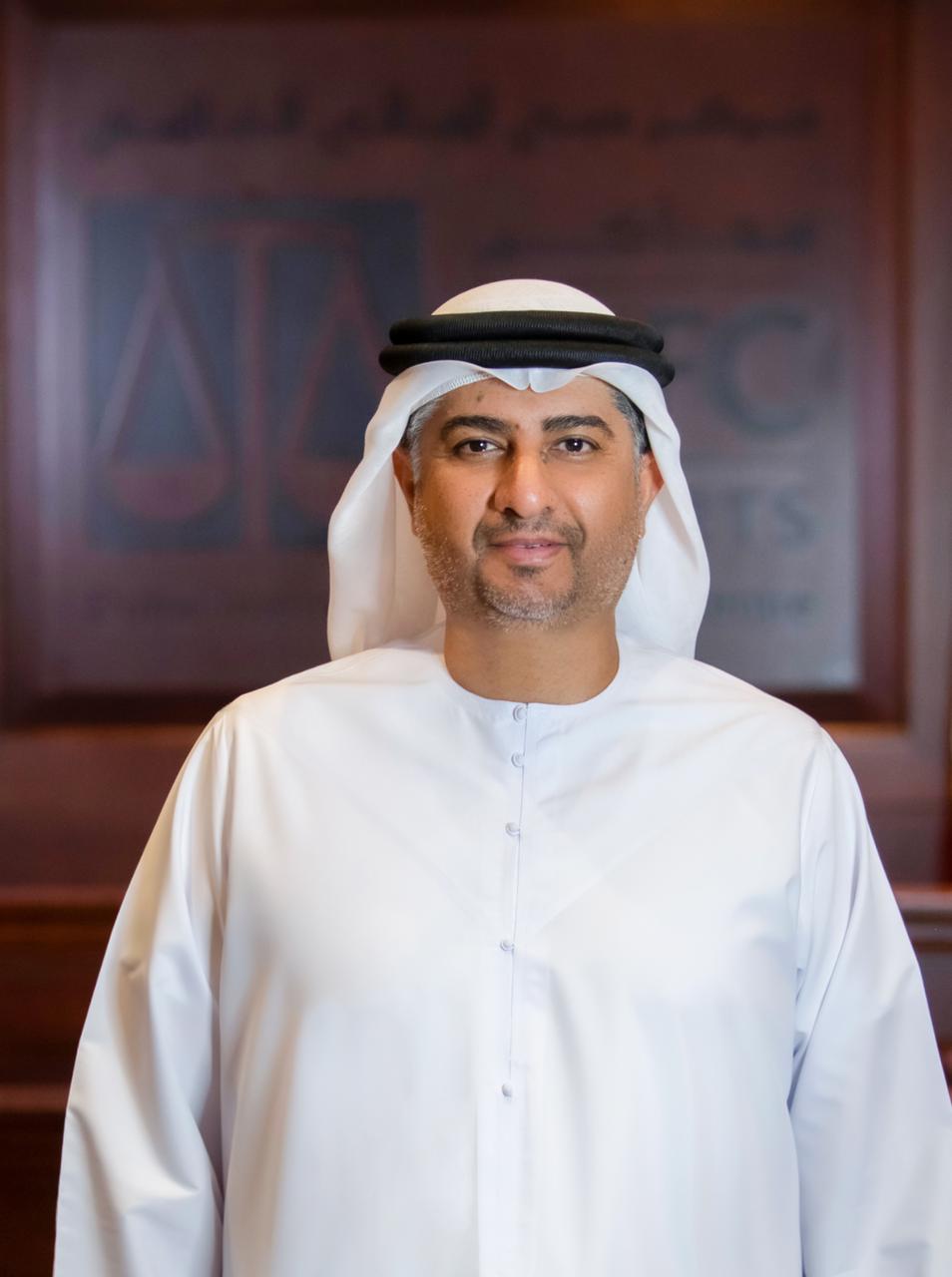

22 Apr 2022

By H.E. Omar Al Mheiri, Director, DIFC Courts
Located in a civil jurisdiction, Dubai made an admirably daring move almost 20 years ago when setting up the DIFC free zone with common law structures and governance. Dubai has a vision of its big picture, i.e., progress, provision of excellent services and an exceptionally high quality of life for its residents. Dubai, in fact, is the very face of lessons in adaptability and agility, leading impressive development. As such, Dubai is most apt to drive excellence of court services and the importance of courts’ adaptability to the future.
The UAE’s commitment to providing a highly competitive business environment is crucial to its long-term vision of economic diversification. The ability of the UAE’s judicial systems to support and protect the businesses that operate here will prove crucial to the nations’ long-term objective to attract and retain foreign investment.
Globalisation drives courts to innovate; future legal sector and court personnel must acquire not only knowledge of law but must now do it with several languages and with the use of cutting-edge technologies. As technology shrinks the distances between the world’s markets, entrepreneurs and investors should be able to choose courts that can provide certainty based on this innovative legal knowledge.
Research has identified the legal needs of multinational corporations and found that broad competencies are required for lawyers, court staff and judges to deliver value. The DIFC Courts has emerged as the region’s hub for judicial and legal training excellence, with a special focus on so-called “trans-systemic” law – preparing lawyers and judges to work across the world’s jurisdictions, whilst simultaneously leveraging use of the most advanced court-specific technologies.
Since its launch in 2004, the DIFC Courts has devised strategies for driving judicial excellence and innovation, balancing the bench with judges from established common law jurisdictions, alongside the recruitment of experienced judges from the Dubai judicial system to the newly formed court.
Over the years, the DIFC Courts has also sought to work in tandem with the UAE legal community and maintain links with leading domestic and global tertiary institutions to develop intellectual partnerships and launch initiatives such as scholarships, internships, and secondment programmes aimed at encouraging undergraduates to pursue jurisdictional knowledge in both civil and common law to foster attraction and competitiveness for the next generation of law students. Specific training programmes, in conjunction with domestic universities, have also targeted Emirati law graduates, which offer knowledge of, and qualifications in, the English-language common law system.
Through the intensive programmes, budding lawyers, courts personnel and jurists are cross trained in civil and common law codes, fostering the core skills needed to address the sort of complex international disputes that are increasingly handled by global courts.
The full article can be read in Arabic at https://www.albayan.ae/opinions/articles/2022-04-11-1.4412004